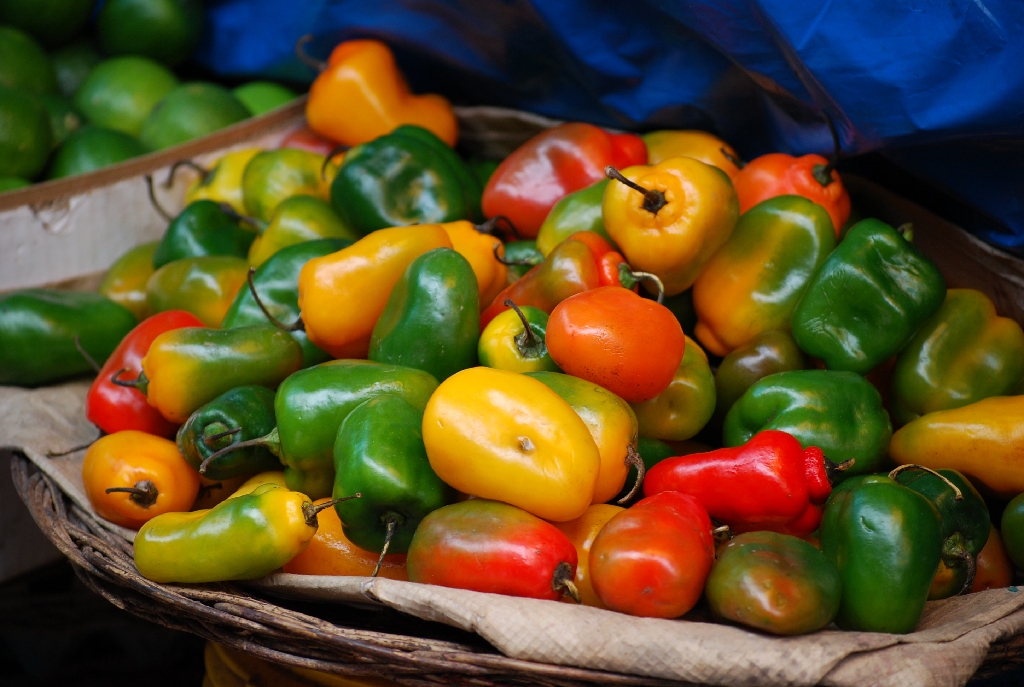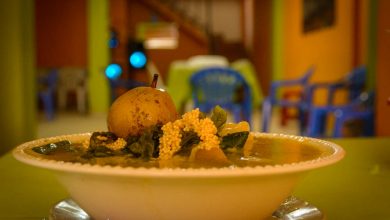What Makes a Hot Sauce Spicy?

Scientists tell us it is the quantity of capsaicin peppers have that makes them hot and spicy to one degree or another. The spiciness is generally measured in Scoville units and different kinds of pepper are given general ranges.
That they come in ranges suggests that two peppers of the same kind may have different degrees of heat.
As a result of the variation, people in Cuzco look for other explanations of why some hot sauces, made with the same kind of pepper, a rococo let us say, are hotter than others. Here, in Spanish, they ask why one sauce is more picante than another made with the same pepper.
Already in the way this question is framed there is an intriguing difference between the English and what they say here in Cuzco. It is not the peppers themselves that are variably hot in them , but rather something about the sauce, the uchukuta, made by people that is the variation.
Some of this variation in heat they explain in reference to the season of different people, that is different cooks just bring different tastes and different heat because of their individuality.

People will talk about things tasting differently hen they are made with love, as opposed to some other affect.

When the person is angry, then the sauce will turn out much hotter. It is as if the person grinding the sauce transfers their feeling into the sauce and that is manifested in terms of how picante it is.
This seems an important idea about cooking and food here in Cuzco: food is not some inert material that can simply be transformed by recipes mechanically into tasty and filling dishes. Rather, the food carries some of the relationships between the cook and the eaters in itself, manifested in taste and value. It also carries some of the feelings and experiences of the cook, outside of that relationship with the eaters specifically.
Food is much more than a material product. It is affected by relationships between people and carries those relationships forward. Cooking and eating are drawn together inherently as part of the things that relate people to one another.





This is also a common refrain in Bolivia. Apparently, someone decided to study it to see if there was any truth to it. The result? The lack of concentration can result in incomplete grinding/mixing resulting in bigger pieces of hot pepper in the sauce, or not removing seeds (in Bolivia, the seeds are removed when making sauce). Here’s a fuller explanation.
http://bolivianthoughts.com/2015/04/02/a-bolivian-myth-could-an-angry-person-prepare-a-spicier-llajua/